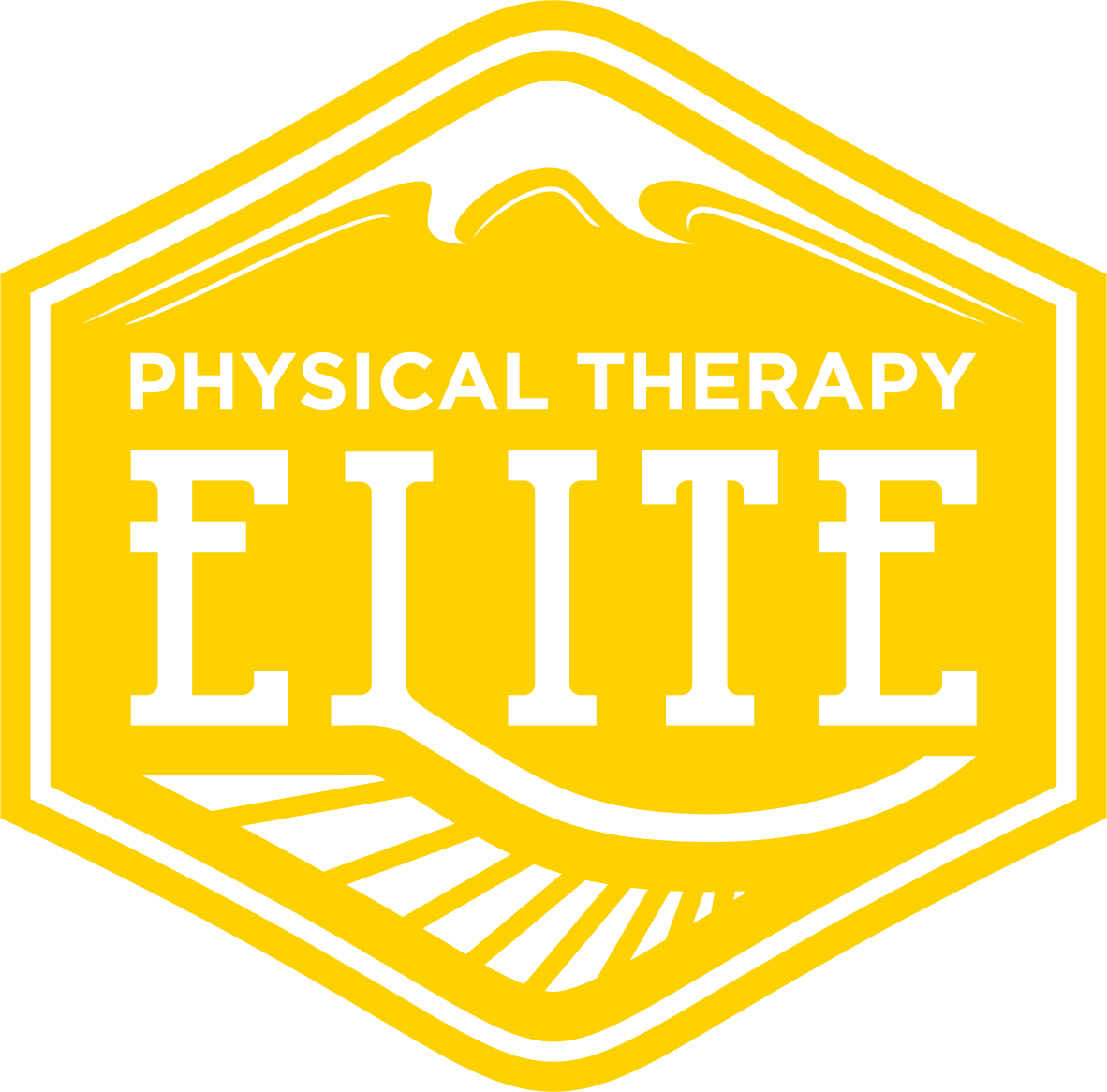I am so often asked by students and parents:
“What does it take to be a Physical Therapist?”
“How many years of school is it?”
“What should I major in?”
September is back-to-school time. The start of another academic. So let's talk career planning and professional education: to become a PT, you must complete 4 years of undergraduate education followed by 3 years of graduate level education.
Start by looking at the requirements for different PT schools. This is easily found on their websites. PTCAS is a good place to start. All PT schools require:
Bachelor's Degree
Prerequisite courses (i.e. Anatomy, Physiology, 1 year of Chemistry, 1 year of Physics, certain psych classes etc). Some schools want Trigonometry while others are satisfied with College Algebra. Get organized and know what the core group of classes are and then what the outliers/variable courses are based on your specific school of choice.
PT school is a graduate level, Doctoral degree. Upon graduation, your formal title is: Doctor of Physical Therapy. It is not a PhD.
That being said, undergraduate is essentially “prep time” for anyone who is PT school bound – or Physician's Assistant School or Med School for that matter. You have to complete you General Education courses and then any/all of the courses required for your stated major. As far as PT school is concerned, certain majors will translate better than others into a graduate level physical therapy program. Most of the required courses are already built into an Applied Health major, a Kinesiology major, or an Athletic Training/Sports Medicine major.
So which do you pick? Here are the differences between Applied Health, Kinesiology and Athletic Training.
Applied Health is essentially pre-med. This is a great route if you think you may be interested in nursing (can be a undergrad/grad combo), Occupational Therapy (Master's Degree), Physician Assistant (Master's Degree), or some other healthcare profession (i.e. pharmacology, radiology etc). You have so many options and opportunities for grad school! BUT, you have to go on to grad school. Applied Health is “pre-med” - something else has to follow.
Kinesiology is a bit more limited in professional scope. The coursework is not as demanding as Applied Health (there is less emphasis on the hard sciences). This would be a good option if you think you may want to go into biotech, product development or prosthetic device/adaptive equipment design. You could also go into teaching at the high school level, however, this would require that you complete a credentialing program which is still another 2 years after undergrad.
Athletic training is your third option. The huge advantage to completing an Athletic Training Education Program (ATEP) is the amount of on-field, clinical experience you get as a student! You are hands on with athletes and patients from the start. You learn valuable evaluation, assessment and treatment skills - you spend less time in the lab and more time on the field! When you graduate, you can start working (and getting paid!) right away. You can work with sports teams at the high school, college, or professional level. You can work in a PT clinic, hospital, or sports performance facility. As an ATC (certified athletic trainer) you are more desirable both as an employee and as a PT school applicant because of the experience you have and your demonstrated ability to interact with athletes/patients as well as pass a national board exam.
By choosing one of these majors, you are ensuring that the majority of the PT school pre-reqs are already built into your undergraduate degree. Again, there may be a few classes that you will need to take as electives – every PT school has prerequisites listed as a part of their application criteria, check the list and make sure you take all the classes. If you don't, you will have to take those classes afterward (i.e. at the local junior college) before being able to go on to grad school.
Additional advice:
PT school (graduate school in general) is getting more and more competitive! Take every opportunity to participate in research, internships, and volunteer opportunities.
You will need letters of recommendation from your professors and employers – so earn them! Work hard. Go the extra mile.
In any healthcare field, you must qualify for licensure. Any and all schools as well as accrediting/licensing bodies (state and federal) will perform thorough background checks. Drug and alcohol use/violations are not taken lightly. This can delay or even prevent you from receiving your license. Have fun in college. Be “well-rounded”. DON'T be reckless. Especially in our current time of social media.

